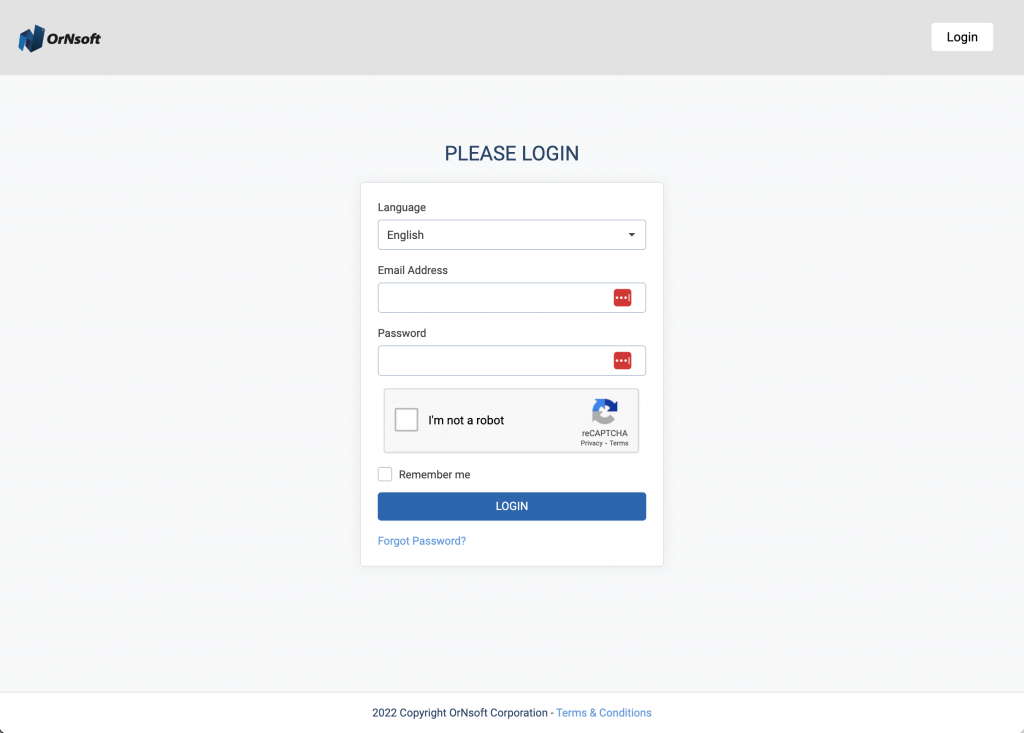Introduction
In the era of data-driven decision-making, understanding the sentiments of your customers, employees, or even the general public is crucial. This is where sentiment analysis, a fascinating branch of Artificial Intelligence (AI), comes into play. It’s a tool that can provide valuable insights, helping businesses to understand their audience better, improve their products or services, and ultimately, make smarter decisions.
What Is "Sentiment Analysis"?
Sentiment Analysis, also known as opinion mining, is a computational study of people’s emotions, opinions, and attitudes expressed in written language. It leverages Natural Language Processing (NLP), text analysis, and computational linguistics to identify and extract subjective information from source materials. Whether it’s a tweet, a product review, or a blog post, sentiment analysis can help ascertain the underlying sentiment – be it positive, negative, or neutral.
History of "Sentiment Analysis"
The concept of sentiment analysis can be traced back to the late 1990s and early 2000s when researchers first started to analyze online content for sentiment. The advent of social media platforms like Twitter and Facebook in the mid-2000s provided a treasure trove of user-generated content, thereby propelling the growth of sentiment analysis. Over the years, the field has evolved significantly, thanks to advancements in machine learning and AI development. Today, sentiment analysis is an integral part of the broader AI landscape, with applications ranging from customer service to market research and beyond.
Importance of "Sentiment Analysis"
In today’s digital world, where opinions are freely shared online, sentiment analysis has become increasingly important. It provides businesses with a deeper understanding of their customers’ perceptions, enabling them to respond promptly and effectively. By gauging public sentiment, companies can anticipate market trends, improve their products or services, and enhance customer satisfaction. Furthermore, sentiment analysis can help in crisis management by identifying negative sentiments early and allowing businesses to take corrective measures.
Practical Applications
The applications of sentiment analysis are diverse and far-reaching. In customer service, for instance, it can be used to analyze customer feedback and improve service quality. In marketing, sentiment analysis can help gauge public reaction to ad campaigns or new product launches. It’s also used in social media monitoring, allowing companies to track their online reputation and respond to negative comments promptly. Even in politics, sentiment analysis is used to understand public opinion on various issues.
The Role of ‘Sentiment Analysis’ in Modern Enterprises
In the modern business landscape, sentiment analysis plays a pivotal role. It allows enterprises to harness the power of big data, providing actionable insights that can drive strategic decision-making. By understanding customer sentiment, businesses can enhance their product or service offerings, improve customer retention, and boost their bottom line. Moreover, sentiment analysis can also help businesses identify potential risks and opportunities, ensuring they stay ahead of the curve.
Case Study
One notable example of successful sentiment analysis implementation is the multinational technology company, IBM. They used sentiment analysis to gain insights into customer opinions about their products and services. By analyzing customer feedback from various sources, IBM was able to identify areas of improvement and make necessary changes. This not only enhanced their product offerings but also improved customer satisfaction, demonstrating the power of sentiment analysis.
Future Outlook
Looking ahead, the future of sentiment analysis appears promising. With advancements in AI and machine learning, we can expect more accurate and nuanced sentiment analysis. Moreover, as businesses continue to recognize the value of understanding customer sentiment, the demand for sentiment analysis tools is likely to increase. This, coupled with the proliferation of user-generated content, suggests that sentiment analysis will continue to be a vital tool in the data-driven decision-making arsenal.
Conclusion
In conclusion, sentiment analysis is a powerful tool that can provide valuable insights into public sentiment. By leveraging AI and machine learning, businesses can harness the power of sentiment analysis to make smarter decisions, improve customer satisfaction, and stay ahead of the competition. As we move into the future, the importance of sentiment analysis is only set to increase, making it a must-have tool for businesses of all sizes.
Intrigued by the potential of AI for your business? Schedule a free consultation with us here.

